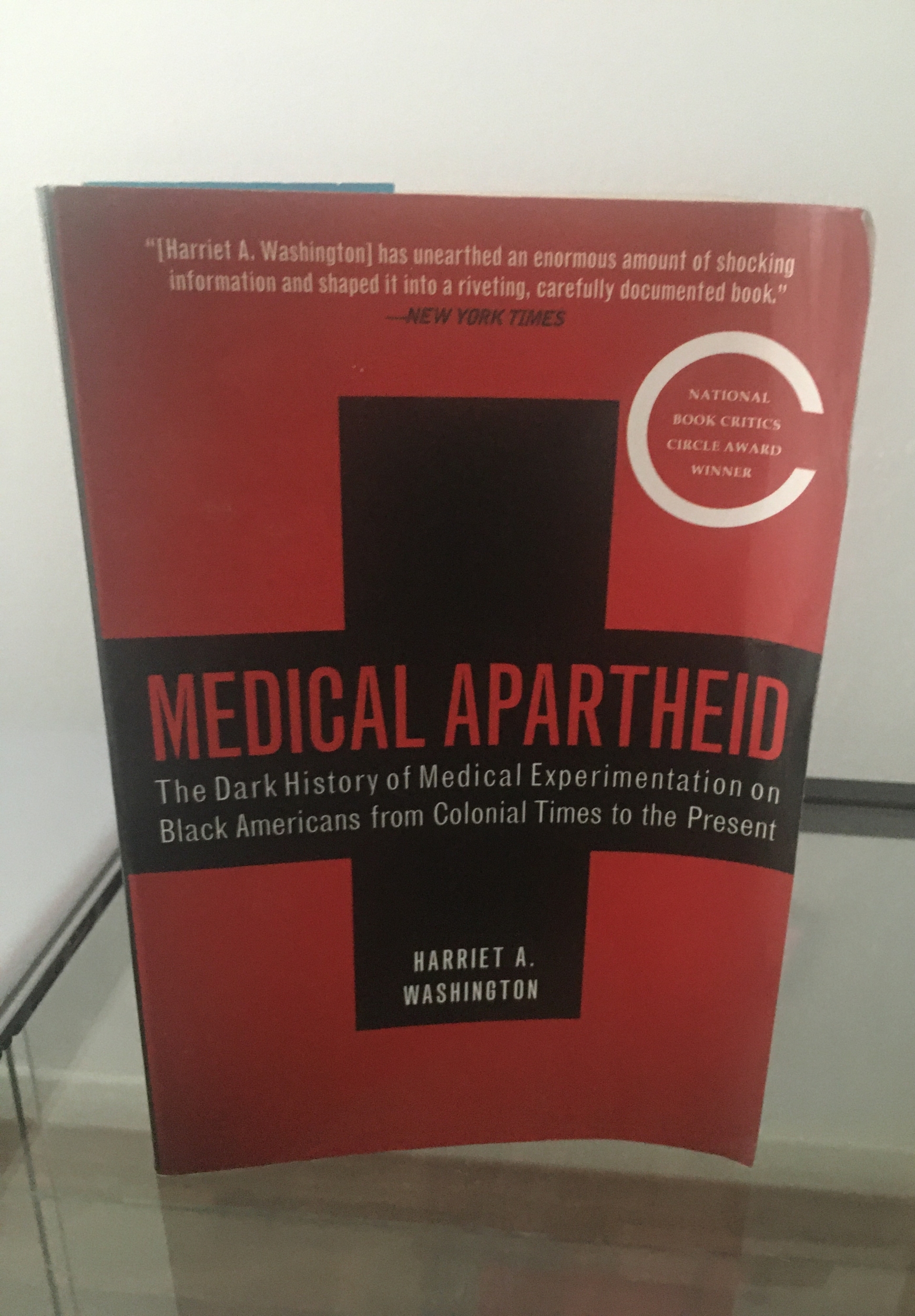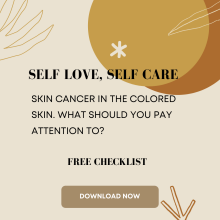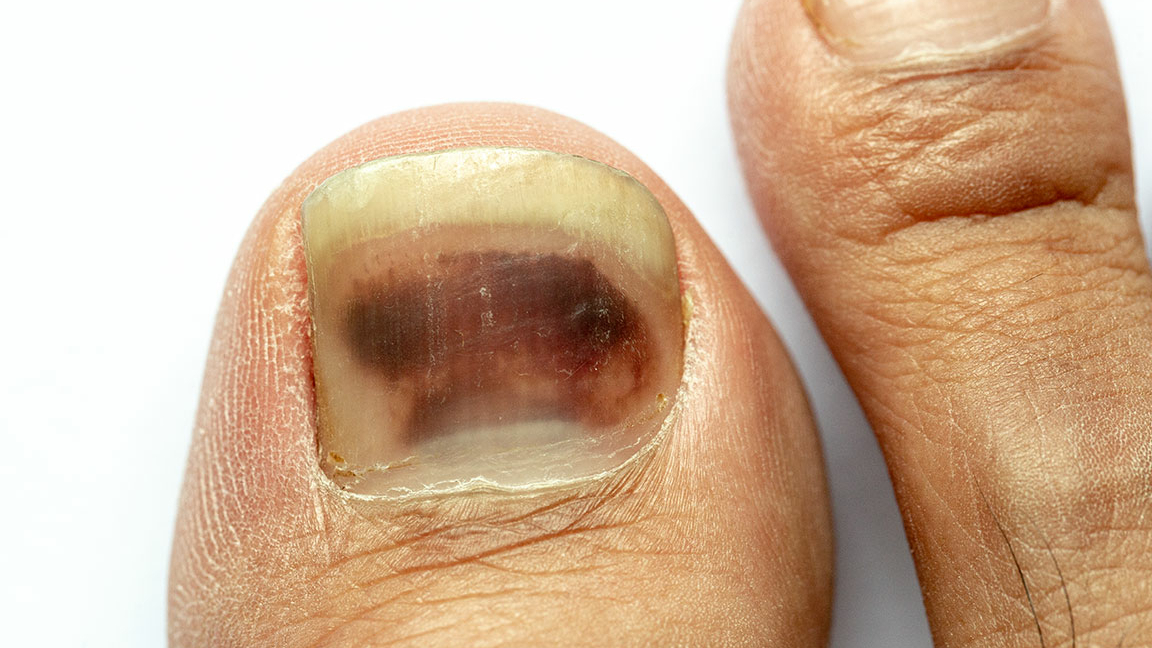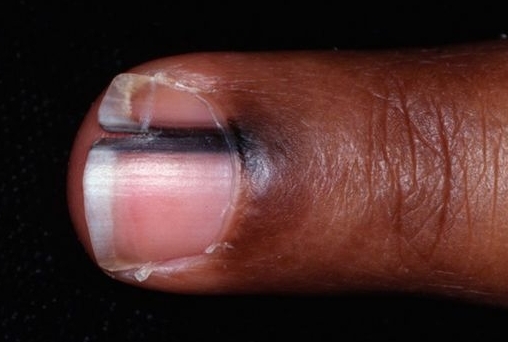The African (read: Ethiopian would represent all people with African roots), comes off the 'worst'. With terms like: lazy, stupid, small brain content, can tolerate pain. And how do you guess it; the Caucasian man (dissected from the people who lived in and around the Caucasian area and have very light skin (almost translucent), hair and eyes, were seen as the most beautiful and intelligent of all 5 ethnic groups, they represent the white man and woman.
Based on these assumptions, ethnic groups were and are still being screened, diagnoses are being made, conditions have been (or even remain untreated, because there would be nothing to be done about them), the way in which medical examinations are set up and carried out. The resulting protocols and guidelines are developed, development of (medical) equipment and medication, setting up medical training courses, information material is created. Have all derived their origins from studies carried out by these 'pseudo' scientists. A missed opportunity to clean up the ship. The knowledge is there for the taking, but why stick to the time-honored familiar?
For me, among other things, the aforementioned discoveries were a total deception. I have always had a penchant for the medical world and science and have been impressed by people who were involved in science. I was under the assumption that measuring = knowing that what is being investigated is also correctly tested is irrefutable facts and there is no pin in between. How naïve I was in my teens, now I know better. There should be a more critical look and action on 'scientific' studies.
- Representation of all ethnical groups
- Better reflection of the population by ethnic group
- Better conducted valid studies on common (skin) disorders that are mainly seen in people belonging to the ethnic groups of Africans / Caribbean, Asians, Native Americans, Latin American.
- Verbeteren en vergroten van het vertrouwen naar bovenstaande etnische groepen, m.n. onder de zwarte gemeenschap, gelet op misstanden uit het verleden van onrechtmatige en onmenselijk uitgevoerde experimentele onverantwoorde ‘medische’ onderzoeken verricht zijn op donkere mannen, kinderen en vrouwen.
Harriet Washington, published a book on medical abuses, Medical Apartheid, among African Americans, in which she conducted research into abuses during the slavery period among enslaved people until the 70s. A detailed book with 20 years of data.

Medical Apartheid, by H. A. Washington, heavy and painful content,
medical abuses among the black part of the American
population.
‘One size doesn’t fits all’
Consequences of unilateral action
The consequences of this one-sided course of action still leads to harmless-looking diseases degenerating into chronic progression today. The many medical experiments have led little to improving care, aftercare, prevention for people of color.
The principle One size fits all, is too often used indiscriminately. Medical results, in which the candidates examined consist mainly of white men, are applied 1-on-1 to other ethnic groups. This approach, course of action, lack of knowledge, insight, experience, downplaying, assumptions leads to unnecessary misdiagnoses, incorrect interpretations. As a result: psychological damage, unnecessary care costs, loss of income, isolation, physical disability, daily discomforts, stigma.
And this ultimately brings me to the reason why I wrote this blog.
Just as I ran into the article about breast cancer in dark women, I came across the story of the last years of Bob Marley, the cause of his premature death at the age of 36.
King of reggae
Who doesn't know the reggae song of the King of Reggae Bob Marley!?:
Get up, stand up! Stand up for your rights! Don't give up the fight!
Of course, this song has nothing to do with skin cancer at all. But the owner of this number, died from the effects of skin cancer. A wound under one of his toes, later turned out not to be a football injury, but the beginning of the end, a melanoma.
You should think of this song more as a battle song! To be seen by the doctors who still do not recognize enough that skin cancer also occurs in the colored skin. Despite the fact that the world population (7.3 trillion) consists of more than 50% people of color, the number of skin cancer victims is many times lower than in the white population. Mortality and morbidity, on the other hand, are higher than in the white population. Hasn't been paid attention to in studies for decades. Despite the increased attention, prevention, information material lags behind new developments.
Be proactive! And stand up for your health interests!
👉🏾 '25% lower survival rates in people of colour'
Skin cancer in the colored skin
Despite the low rate of skin cancer cases that occur among people of color, U.S. studies from 2009-2021, waarvan de respondenten bestonden uit zwarte Amerikanen, Latijns- Amerikanen, Aziaten, Indianen. Bleek na onderzoek dat het overlevingscijfer onder deze doelgroep in vergelijking tot witte Amerikanen, een kwart procent lager ligt.
1-2% van de zwarte Amerikanen, 2-4% van de Aziaten en 4-5% van de Latijns- Amerikaanse, 4.4- 5.9% Indianen (in Amerika en Alaska) 2 bevolkingsgroep, wordt getroffen door een vorm van huidkanker. Deze laatste groep, is overigens hard op weg om de grootste groep in Amerika te worden die getroffen zal worden door een vorm van huidkanker, groter dan onder witte Amerikanen.
De populatie van niet witte burgers in de VS en daarbuiten, die een vorm van huidkanker zullen ontwikkelen in hun leven treft voornamelijk de licht gekleurde populatie, die genetisch niet verwant zijn aan Europeanen. Dit neemt niet weg dat mensen met net iets meer melanine in de epidermis niet getroffen kunnen worden door een vorm van huidkanker.
2 https://gis.cdc.gov/Cancer/USCS/#/Demographics/







 Ik ben Saskia Pinas, ruim 11 jaar actief als huidtherapeut en schoonheidsspecialiste in mijn praktijk in Rotterdam West.
Ik ben Saskia Pinas, ruim 11 jaar actief als huidtherapeut en schoonheidsspecialiste in mijn praktijk in Rotterdam West.